If you want to avoid the embarrassment of the criticism charade, there are some tricks of the trade to keep in mind. One of the first steps is to get your head around the fact that you're not the only person on the planet to make a mistake. Another important step is to learn from your mistakes. This will not only improve your work, but also your life.

In the IT world, there are many analytical thinkers. It is natural to want to defend your position, but it is wise to do so in a civil fashion. Doing so will not only squelch any negative feelings, but also allow you to use the feedback to your advantage.
The best way to respond to criticism is to keep your cool and take the time to listen to the advice of your peers. You may need to ask a few follow-up questions to ensure you're getting the information you need. And if your critic is a friend or family member, you may want to consider scheduling a second meeting.
Getting feedback is a great way to improve your work, but you can't get any good feedback if you don't know what to say. The best way to do this is to ask open ended questions about your work. This will not only give you an opportunity to express your opinions, but will also give you a chance to learn about your strengths and weaknesses.
Identify the most important message you are trying to convey. This will help you determine what the critic is really looking for. Once you've figured this out, you'll be in a better position to dispense the rest of your message.
The best way to answer this question is to use the information you learned from your analysis and apply it. For example, if you are asked to explain why you are submitting a particular type of work, it might be worth your while to go through your portfolio to see if any of the projects match up. However, this may not be the best use of your time, so be prepared to answer questions about other people's projects if you don't have time to do the homework.
There is no a-one foolproof way to avoid getting the sack in a given situation, but following these tips will help you minimize the risk. Taking a break to clear your head can also be a helpful way to refocus. During this time, you'll also have an opportunity to review the feedback you've received. By analyzing the feedback and ensuring you've gotten the most from it, you'll be in the best possible frame of mind to receive the next one.
The best part is, you'll be able to avoid making the same mistake again. After all, the purpose of the feedback is to teach you and allow you to develop as a professional. Even if you do end up letting your guard down, it is still worth your while to get it done right.
Very good steps.